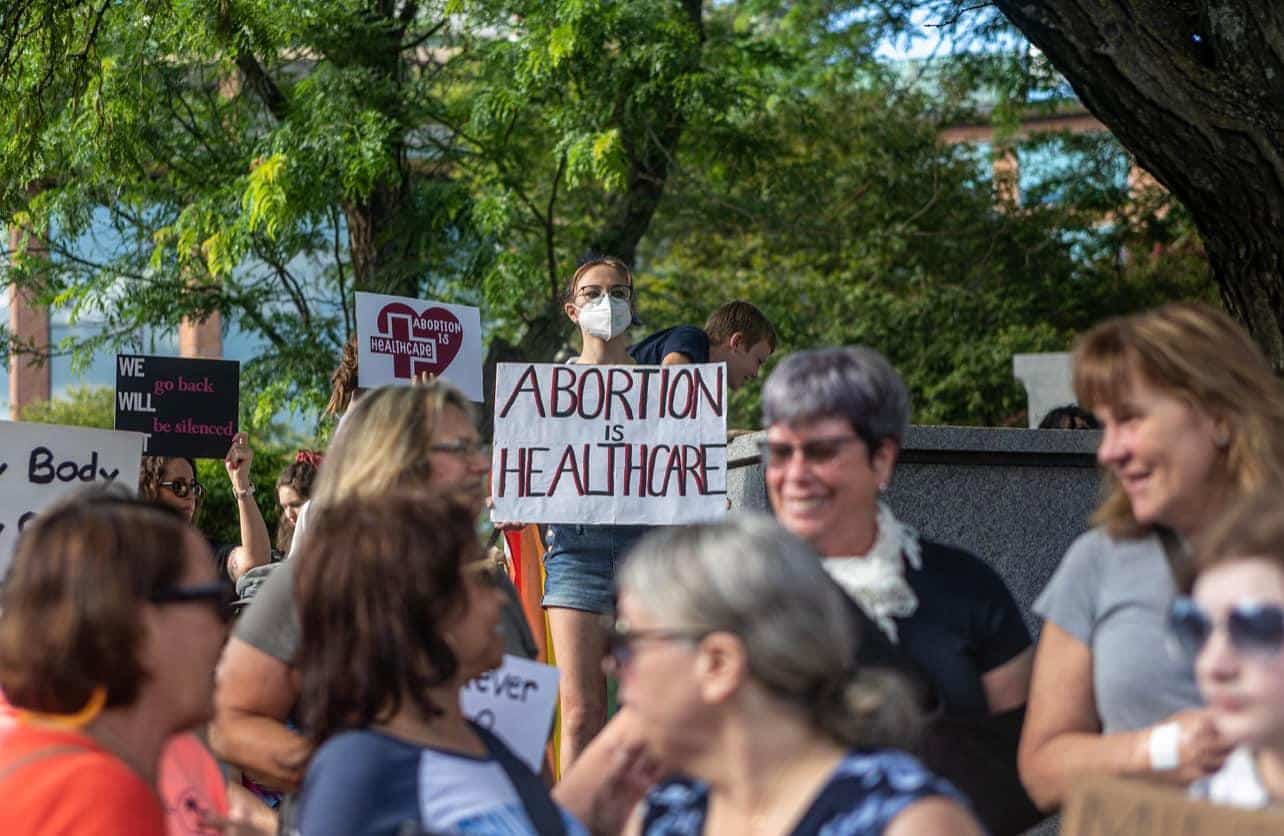This fall, the voters of Pennsylvania affirmed their commitment to supporting leaders who put women’s rights ahead of misguided religious zealotry. Unfortunately, this fall’s election also came on the heels of a historic attack on reproductive care access across the county when the United States Supreme Court overturned Roe v. Wade. There are many steps Pennsylvania can and should take to protect reproductive rights, but banning the use of public funds to support crisis pregnancy centers – which I believe should be referred to as anti-abortion centers (AACs) – should be at the top of the list.
It may surprise many that public dollars are diverted to support AACs, considering these clinics often promote a religious agenda that departs from well-accepted science and long-standing public health guidance. Considering our nation’s tradition of separating the affairs of church and state, Pennsylvania must reconsider the wisdom of providing tax dollars to AACs when their mission is so clearly rooted in religion.
There are many other good reasons to ban public funding for AACs. Today, access to reproductive care is diminishing, especially in the state’s rural areas. Currently, AACs vastly outnumber secular medical clinics that provide abortion services. In fact, according to the Women’s Law Project of Pennsylvania, these crisis pregnancy centers outnumber abortion care facilities 9 to 1, with the disparity being very prominent in rural regions of the state. This means that women who face the prospect of a dangerous or complicated pregnancy will be counseled to proceed with the birth instead of being presented with all their options.
AACs are also poor stewards of taxpayer dollars and have been cited across the nation for fraud and abuse of funds. Here in Pennsylvania, a report from the auditor general found that state funding meant to support women’s health was diverted to activities in other states when allocated to AACs. Many AACs engage in deceptive advertising practices to confuse vulnerable, unsuspecting women about what services they actually provide. Other AACs have been known to promote false or misleading information about important subjects such as contraception and birth control.
AACs in Pennsylvania were recently allocated more than $7.2 million in public funds, including $1 million from the Temporary Assistance for Needy Families Program (TANF). Sadly, when TANF funds are allocated to AACs, low-income women will be counseled to make choices that will exacerbate their financial situation and keep them in poverty. Diverting TANF funding to AACs also makes fewer dollars available for traditional anti-poverty measures.
It’s time we end the practice of supporting AACs with public taxpayer dollars.







